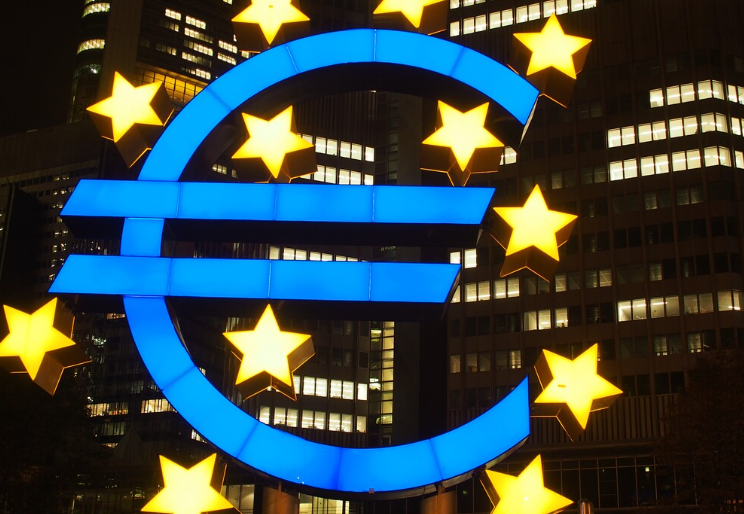$EUR $GBP #Europe #Economy #USRelations #GlobalNews #EconomicDivergence #Geopolitics #Trade #Investment #Finance #WashingtonDC
What’s at Stake as Europe’s Diverse Economies Converge in Washington D.C. This Week?
As global news unfolds, Europe finds itself in a complex economic landscape, marked by divergent fortunes among its member states. This week, as European leaders prepare to meet in Washington D.C., the urgency for a unified approach to U.S. relations has never been more critical. The economic disparities within the bloc could hinder collective bargaining power, complicating interactions with one of Europe’s most vital allies.
The European Union, while often perceived as a consolidated entity, now exhibits a three-speed economy that showcases significant variances in growth and stability among its members. Countries like Germany and France are grappling with inflation and energy crises, while others, such as Spain and Ireland, are experiencing robust growth. This economic divergence raises vital questions about the EU’s ability to present a cohesive front in discussions with the U.S., especially on strategic issues such as trade and defense.
Understanding the Economic Landscape
In recent years, the European economy has been heavily impacted by external shocks, ranging from geopolitical tensions to the pandemic’s lingering effects. Inflation has surged across the continent, leading to varying responses from national governments and central banks. The European Central Bank (ECB) has been cautious, trying to balance the need for economic growth with the imperative to control inflation. This balancing act underscores the challenges facing a unified economic policy within the EU.
Moreover, the ongoing energy crisis, exacerbated by geopolitical tensions, has left many EU nations vulnerable. Countries that rely heavily on imported energy are at a disadvantage compared to those with greater energy independence. Such disparities could lead to tensions during negotiations in Washington, as nations may prioritize their interests over collective EU goals.
The Need for Unity in U.S. Relations
As European leaders head to Washington, the stakes are high. The U.S. remains a crucial partner in trade, security, and climate initiatives. However, the diverse economic conditions across Europe could dilute the EU’s negotiating power. A fragmented approach may result in missed opportunities, particularly as the U.S. seeks to strengthen its ties with other global players.
To navigate this complex landscape, European leaders must focus on fostering unity while addressing individual concerns. By presenting a cohesive message, they can leverage their collective strength to advocate for favorable trade agreements and strategic partnerships. This week’s meetings are an opportunity to bridge gaps and create a vision for a resilient, united Europe.
Investing in the Future of Europe
Investors and analysts will closely monitor the outcomes of the Washington meetings. The implications for stock markets and investment strategies are substantial. A unified front could signal stability and enhanced economic cooperation, driving investment into European markets. Conversely, further economic divergence may lead to cautious investment strategies, as uncertainty prevails.
For those interested in the stock market’s potential reactions, tools and resources can be found in our stock category.
Conclusion: A Crucial Moment for Europe
In conclusion, the economic fortunes of Europe are at a crossroads. The upcoming discussions in Washington D.C. present a pivotal moment for the EU. By prioritizing unity and collaboration, European nations can enhance their standing in global affairs and solidify their economic future. As leaders engage in dialogue, the world will be watching closely, eager to see how Europe’s diverse economies can converge for greater mutual benefit.
As the continent navigates these challenges, the focus must remain on fostering economic resilience and strategic partnerships. The path forward will require commitment and collaboration, essential ingredients for success in an increasingly complex global landscape.











Comments are closed.